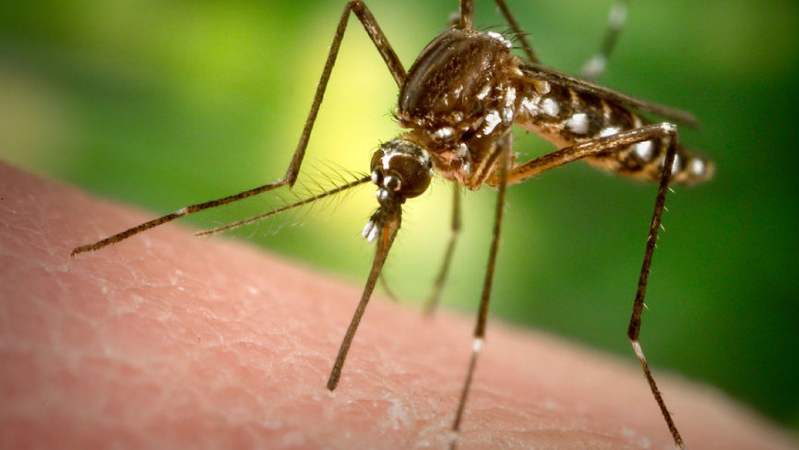
Women who are pregnant – or thinking about getting pregnant – may be worried about the Zika virus. After all, it’s been hard to turn on the TV or radio these last few months without hearing about Zika and how the virus has been linked to a serious birth defect called microcephaly, which is when a baby has a small head and brain. The virus is a particular threat in Latin America and the Caribbean, where several thousand babies have been born with microcephaly. There is no vaccine or treatment for Zika or microcephaly.
Most people who get infected with Zika do not get sick at all and do not even know that they are infected. Those who do get sick usually get mildly ill with symptoms such as fever, rash, joint pain, and red eyes. The virus can be passed from mothers to babies during pregnancy.
Here are some things women should know:
- Pregnant women should consider postponing travel to Latin American and Caribbean countries affected by the Zika outbreak. The U.S. Centers for Disease Control and Prevention is monitoring the countries where people have the virus. Although some cases of Zika virus have been found in the United States, all are believed to be travel-related.
- If you live in, or must travel to, countries where the Zika virus is most active, consider postponing getting pregnant. Because the virus may spread through sexual contact, it’s best if men use condoms.
- Try to avoid mosquito bites if you live in, or must travel to, countries where the Zika virus is most active. You can help prevent Zika infection by using insect repellents. The best way to avoid mosquito bites is to use a repellent containing picaridin, oil of lemon-eucalyptus, at least 20 percent DEET, or IR3535 when venturing outdoors, especially near dawn and dusk when mosquitoes are most active. It also makes sense to wear long sleeves and pants when outside during these times, and to try to stay in homes that have air conditioning or window screens.
- Mosquito control can help prevent Zika. Controlling the insect vector by cutting down on mosquito breeding is one way to prevent spread of this and other mosquito-borne viruses. Breeding sites include water-filled habitats like plant containers and toilets inside the home, and puddles, birdbaths, and pooled water outdoors. Chemical pesticides can kill mosquitoes, but use them carefully to prevent contamination that could be harmful to your health, notes the CDC.
- Get a blood test if you are pregnant, or have either lived in or traveled to areas where Zika is active. In addition to blood tests, an ultrasound can show if the baby is developing normally. If you don’t live in a Zika-affected area and have not traveled there, you do not need a blood test, even if you are pregnant.
Talk with your doctor because the situation is changing. Health experts are studying the possible link between Zika and microcephaly. As more information is known, guidelines could change. The CDC’s web site is a good place to find the most current updates. If you have questions or concerns, feel free to call MacKoul Pediatrics at 239-573-2001.
MacKoul Pediatrics is an amazing local pediatrics office in Cape Coral, FL where caring, compassionate doctors and nurses work with you to keep your children as healthy as possible. MacKoul cares for children from birth to college age, from Cape Coral, Fort Myers, Naples, and beyond.
March 15, 2016

![[IMAGE]](http://static.mackoulpediatrics.com/images/858_ncqa_logo_centered.png)
